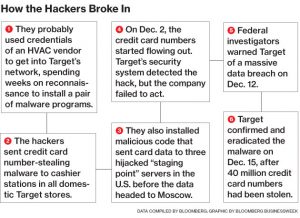Traditionally, wealth management services such as personal budgeting and portfolio management were only affordable to the wealthy. With the increased development of FinTech, these services are now available to consumers through finance applications and online marketplaces. FinTech companies are providing the average consumer the ability to receive these services at lower costs than from traditional banks.
The increased competition in the financial services sector has forced Banks to rethink their business strategy. Traditionally, banks offer checking accounts to customers at below market value in order to attract customers to their more profitable services such as loans. With FinTech companies providing the same services as banks at a lower cost, banks will need to reevaluate their business strategy and either increase the cost of their base checking accounts or acquire the growing FinTech companies.
From a consumer perspective, FinTech’s disruption to the banking industry could lead to greater costs for holding a checking account. The increased fees could bar lower income families from being able to access a transaction account. Overall, innovation in FinTech is rapidly affecting the finance industry and legislators need to ensure that this disruption does not lead to a detrimental effect on most consumers.
Reference:
http://time.com/3949469/financial-technology-boom/
